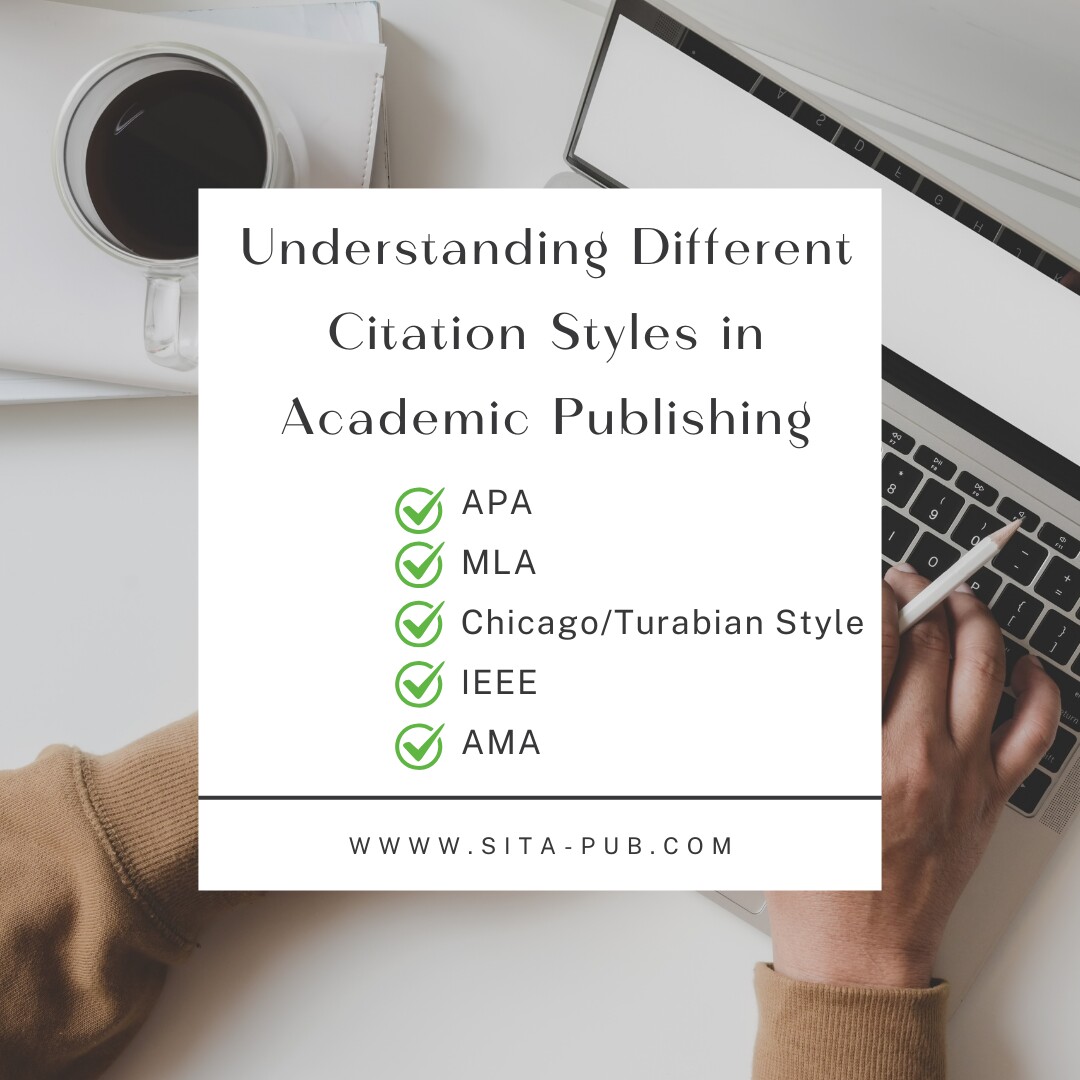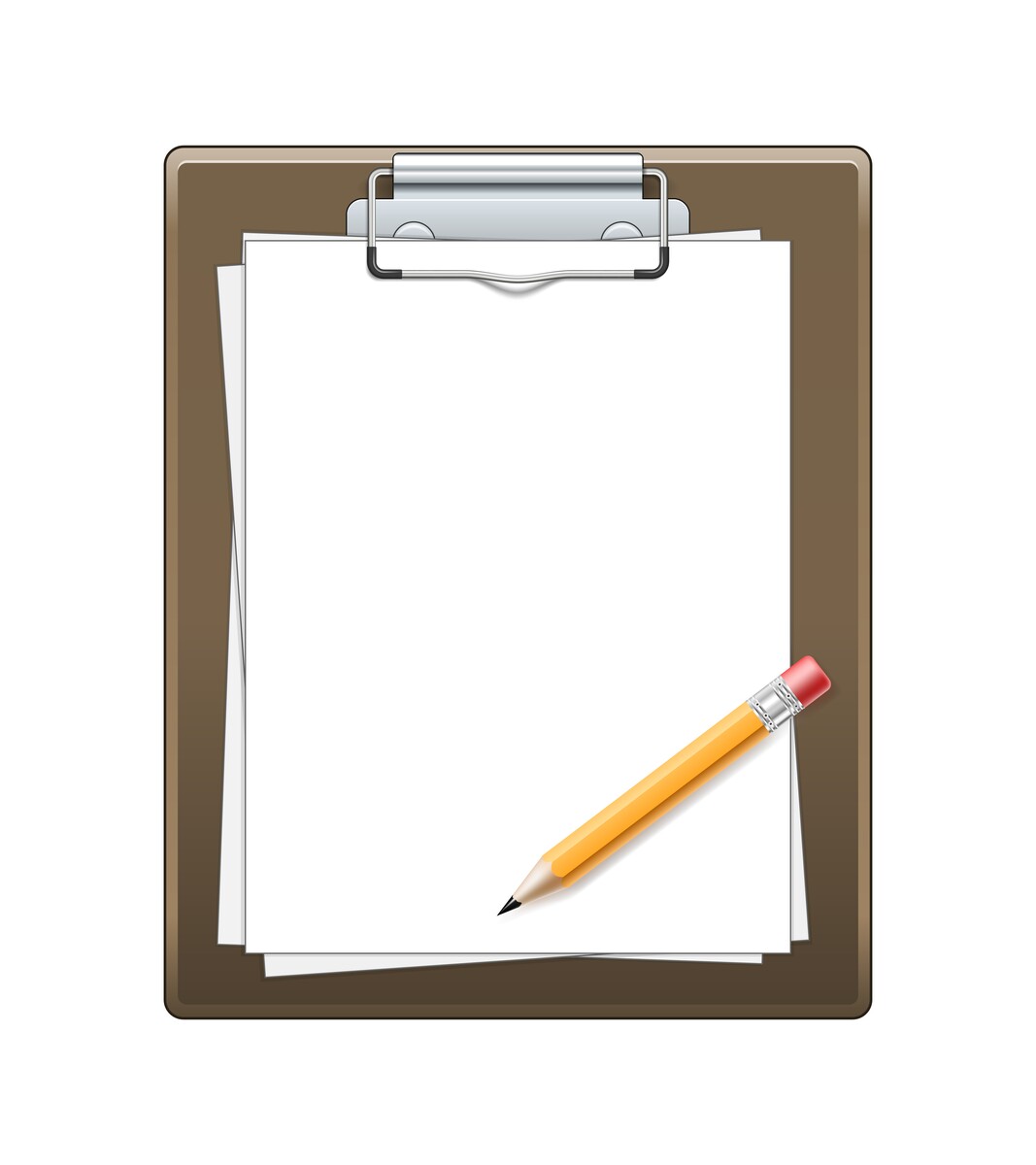Understanding Different Citation Styles in Academic Publishing



Different academic fields have specific rules about how to cite sources, known as citation styles. Each style has its own format for in-text citations and reference lists. Knowing the right citation style is crucial for getting published, as journals often require authors to follow these guidelines. Here’s a look at some commonly used citation styles and why they matter for publication.
The APA style is commonly used in the social sciences, like psychology and education. It focuses on the date of publication, highlighting the importance of current research.
In-text citations include the author's last name and the year (e.g., Smith, 2020).
The reference list at the end is organized alphabetically by the author's last name.
Many journals in psychology and education require APA style. Following this format not only meets guidelines but also ensures clarity in your references.
Material Type | Example In-Text Citation | Example Reference List Entry |
Book | (Smith, 2020) | Smith, J. (2020). Title of the book. Publisher. |
Journal Article | (Doe, 2021) | Doe, J. (2021). Title of the article. Title of the Journal, 15(3), 123-134. |
Conference Paper | (Johnson, 2022) | Johnson, A. (2022). Title of the conference paper. In Proceedings of the Conference Name (pp. 45-50). Publisher. |
The MLA style is often used in the humanities, such as literature and philosophy. It emphasizes the author and the source rather than the date.
In-text citations include the author's last name and the page number (e.g., Smith 23).
The Works Cited page lists all references in alphabetical order, without emphasizing the publication year.
Humanities journals often prefer MLA formatting. Following this style can improve your chances of getting published by showing attention to detail.
Material Type | Example In-Text Citation | Example Works Cited Entry |
Book | (Smith 23) | Smith, John. Title of the Book. Publisher, 2020. |
Journal Article | (Doe 45) | Doe, Jane. "Title of the Article." Title of the Journal, vol. 15, no. 3, 2021, pp. 123-134. |
Conference Paper | (Johnson 67) | Johnson, Alice. "Title of the Conference Paper." Proceedings of the Conference Name, 2022, pp. 45-50. |
The Chicago style has two systems: notes and bibliography (used in the humanities) and author-date (used in sciences). Turabian is a simpler version for students.
The notes and bibliography system uses footnotes or endnotes for citations.
The author-date system uses parenthetical citations similar to APA.
Many history and social science journals accept Chicago style. Knowing which system to use can make your manuscript more professional.
Material Type | Example In-Text Citation | Example Bibliography Entry |
Book | 1. John Smith, Title of the Book (Publisher, 2020), 23. | Smith, John. Title of the Book. Publisher, 2020. |
Journal Article | 2. Jane Doe, "Title of the Article," Title of the Journal 15, no. 3 (2021): 123-134. | Doe, Jane. "Title of the Article." Title of the Journal 15, no. 3 (2021): 123-134. |
Conference Paper | 3. Alice Johnson, "Title of the Conference Paper," in Proceedings of the Conference Name (2022): 45-50. | Johnson, Alice. "Title of the Conference Paper." In Proceedings of the Conference Name, 2022, 45-50. |
Material Type | Example In-Text Citation | Example Reference List Entry |
Book | (Smith 2020, 23) | Smith, John. 2020. Title of the Book. Publisher. |
Journal Article | (Doe 2021, 123) | Doe, Jane. 2021. "Title of the Article." Title of the Journal 15 (3): 123-134. |
Conference Paper | (Johnson 2022, 45) | Johnson, Alice. 2022. "Title of the Conference Paper." In Proceedings of the Conference Name, 45-50. |
The IEEE style is used in technical fields like engineering and computer science. It focuses on clear and concise citations.
In-text citations are numbered in the order they appear (e.g., [1], [2]).
The reference list is formatted based on the type of source (books, articles, etc.).
Technical journals in engineering and computer science usually require IEEE formatting. Following this style makes your work accessible to peers.
Material Type | Example In-Text Citation | Example Reference List Entry |
Book | [1] | [1] J. Smith, Title of the Book, Publisher, 2020. |
Journal Article | [2] | [2] J. Doe, "Title of the Article," Title of the Journal, vol. 15, no. 3, pp. 123-134, 2021. |
Conference Paper | [3] | [3] A. Johnson, "Title of the Conference Paper," in Proceedings of the Conference Name, 2022, pp. 45-50. |
The AMA style is used in medical and health sciences. It emphasizes clarity and consistency in citing medical literature.
In-text citations use superscript numbers that match the reference list.
The reference list is organized numerically, not alphabetically.
Medical journals often mandate AMA style. Proper formatting is crucial to comply with guidelines and maintain the integrity of medical research.
Material Type | Example In-Text Citation | Example Reference List Entry |
Book | Superscript1 | 1. Smith J. Title of the Book. Publisher; 2020. |
Journal Article | Superscript2 | 2. Doe J. Title of the Article. Title of the Journal. 2021;15(3):123-134. |
Conference Paper | Superscript3 | 3. Johnson A. Title of the Conference Paper. In: Proceedings of the Conference Name. 2022:45-50. |
Understanding and using the correct citation style is key to successful academic publishing. Each style serves a specific purpose and audience, reflecting the norms of different fields. By following these citation guidelines, you enhance the credibility of your work and increase your chances of getting published. Always check the requirements of your target journal to ensure you meet their standards and improve the quality of your manuscript.

Are you a researcher, author, or student needing help with citation formatting?
We provide professional formatting services to meet your specific needs. Our team will ensure your work follows the necessary citation standards, so you can focus on your research and writing. Don’t let formatting stress you out—reach out to us today to make your publishing process easier and boost your work’s credibility!
Why choose SITA Academy?




Premium quality
Satisfaction Guarantee
24/7 Services and Global Coverage
Team of Human Professionals
If you have any questions, inquiries, or would like to learn more about our services, please don't hesitate to reach out to us. Our dedicated team is ready to assist you.